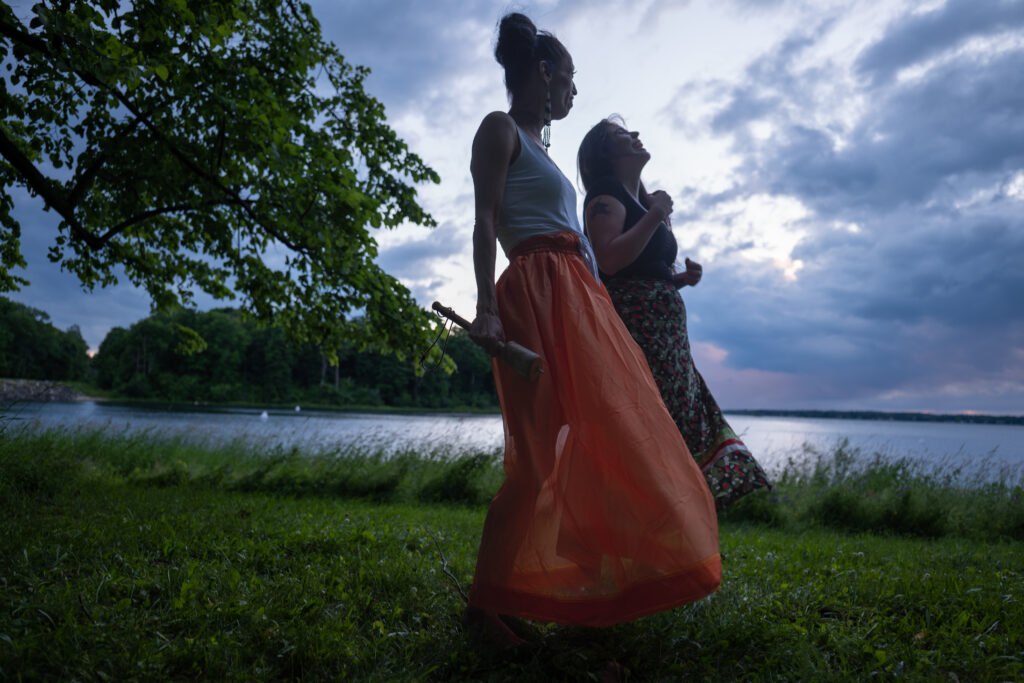- cross-posted to:
- landback@slrpnk.net
- cross-posted to:
- landback@slrpnk.net
In 2013, Reynolds and Alcoa agreed to pay nearly US$20 million to tribal, state and federal authorities to help remediate the damage. The Saint Regis Mohawk Tribe independently pursued settlements from Monsanto and its corporate successors — including Bayer, which bought the company in 2018 — alleging that polychlorinated biphenyls exposure led to increased risks of cancer and other diseases among tribal members.
David Carpenter, 87, is a physician and director of the Institute for Health and the Environment at the University at Albany, in New York state.
Over the years, Carpenter witnessed an increasingly wide range of serious harms linked to polychlorinated biphenyls — including heart disease, infertility and diabetes. According to the Mohawk Council of Akwesasne, the rate of diabetes in the community is 30 per cent, more than three times the Canadian prevalence of nine per cent. On the American side of the border, the Saint Regis Mohawk Tribe and Health Services reports that diabetes affects 16 per cent of Mohawks living in Akwesasne, compared to eight per cent of the state population.
“Everybody thinks that diabetes is a function of being obese. I don’t think it is. It’s much more related to [polychlorinated biphenyls] and other environmental exposures than it is to obesity,” Carpenter says, pointing out the high rate of diabetes in Akwesasne affects both the young and the old.


